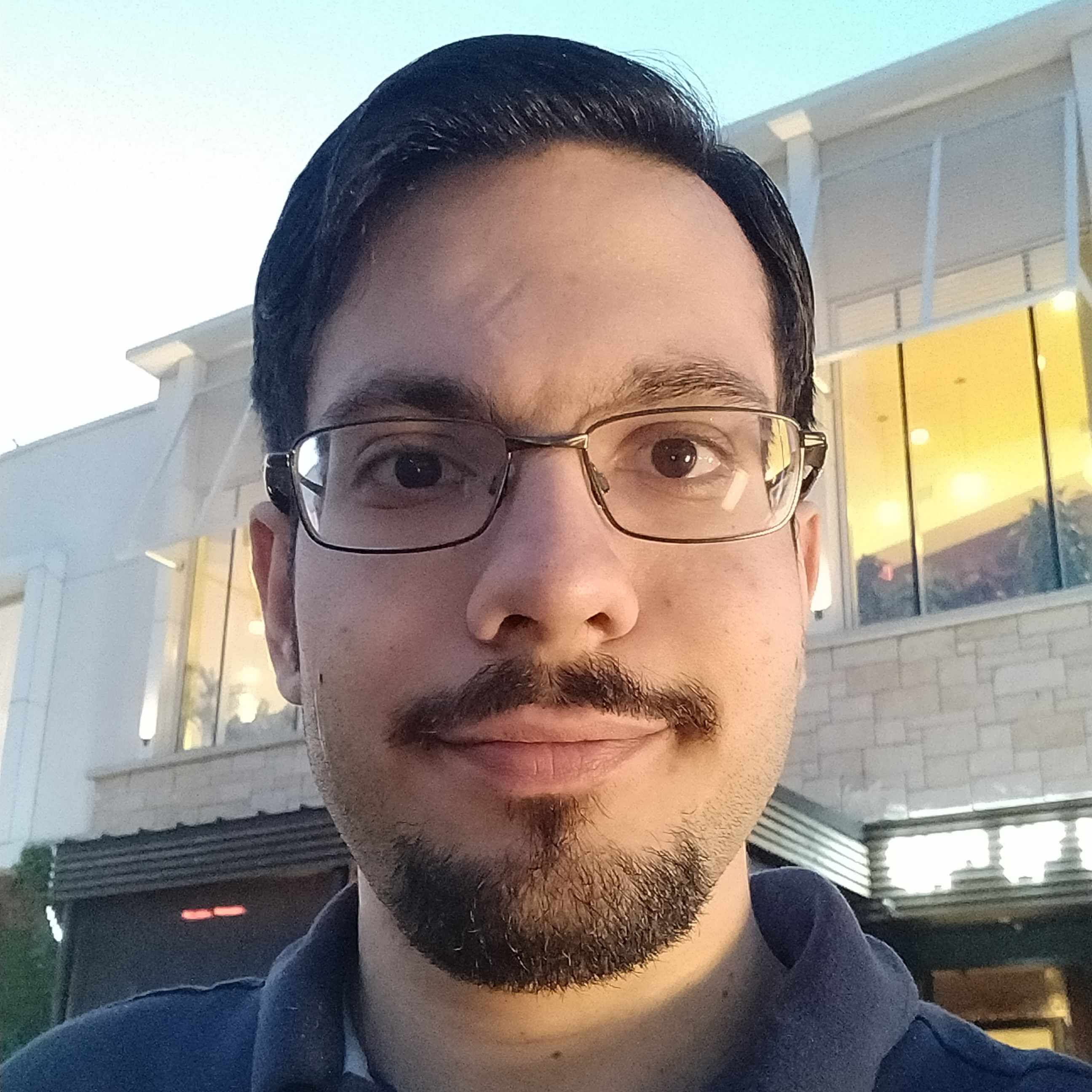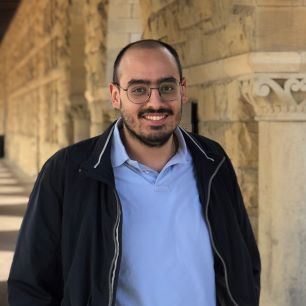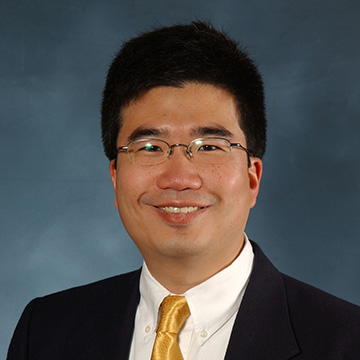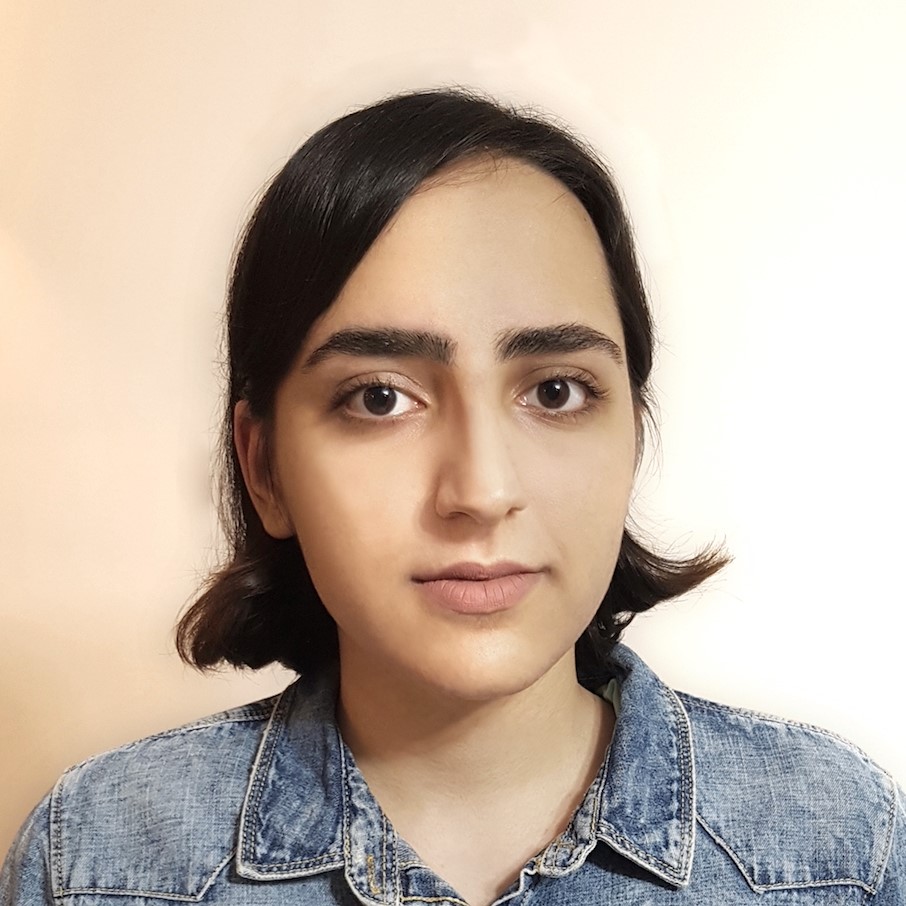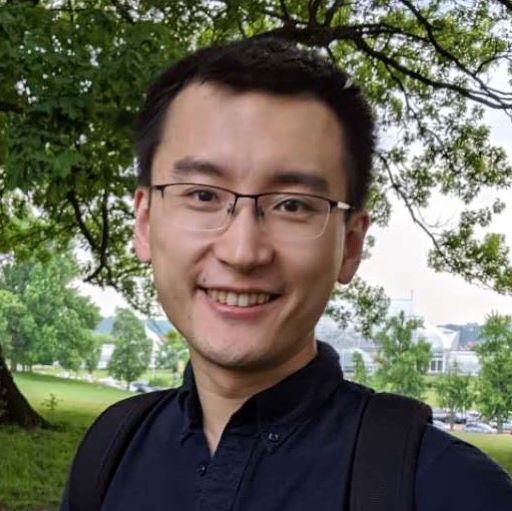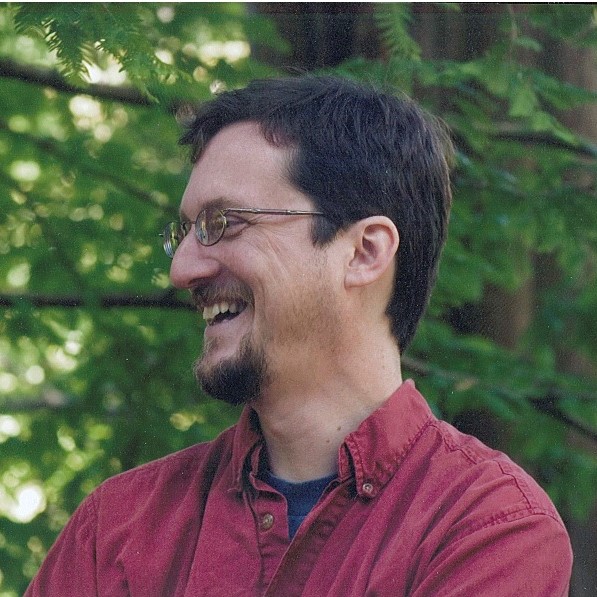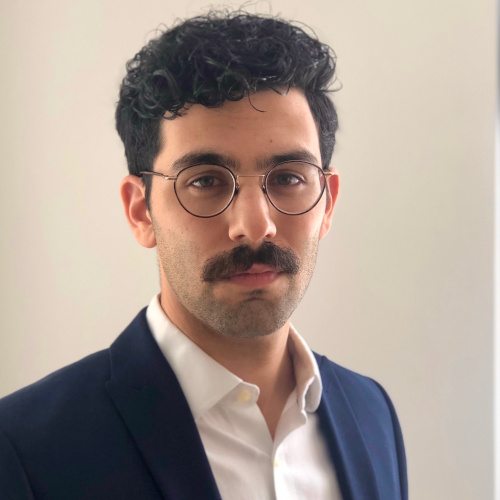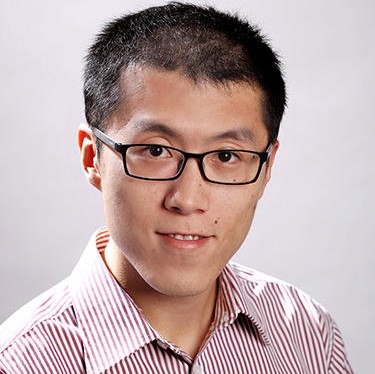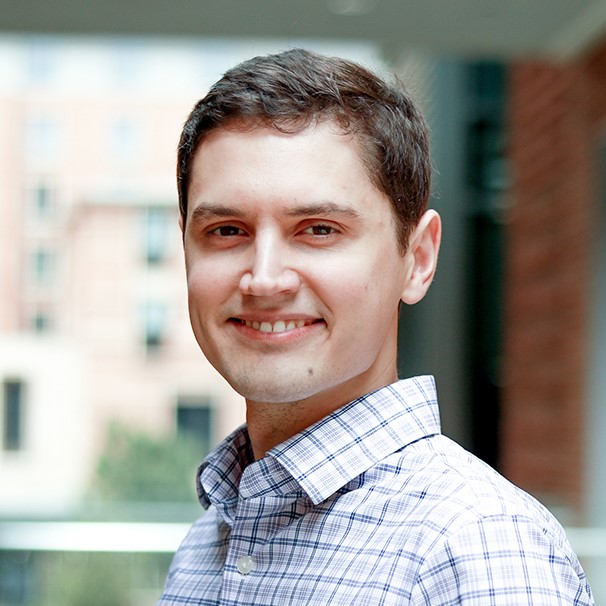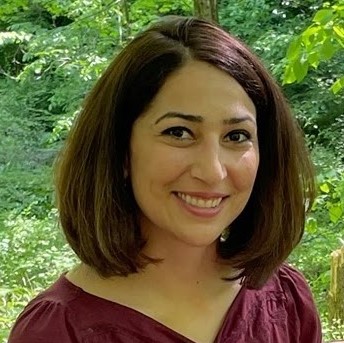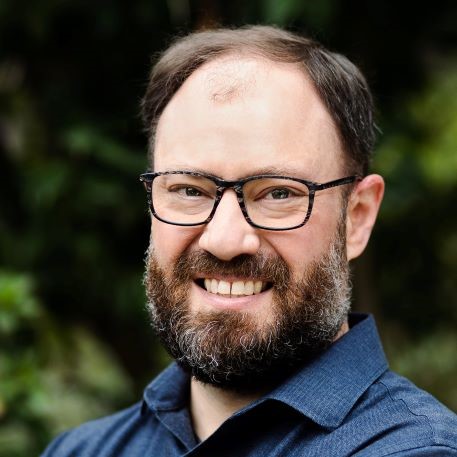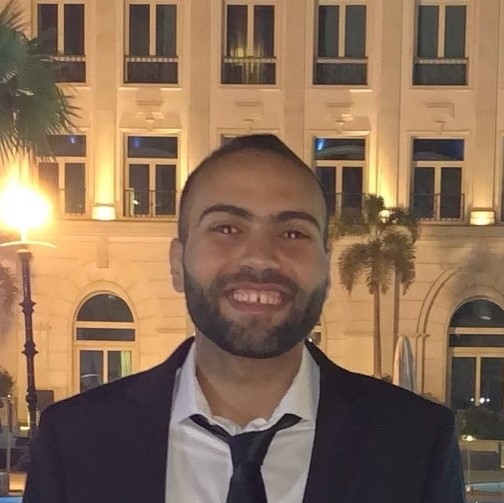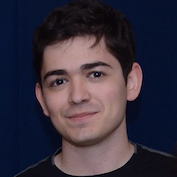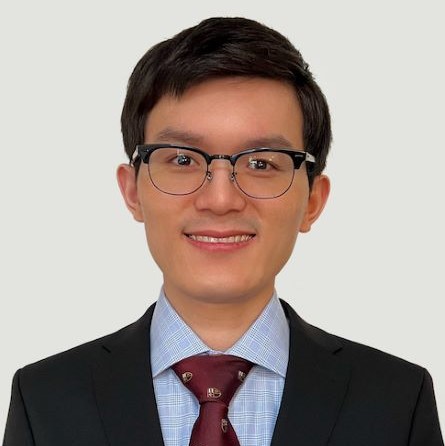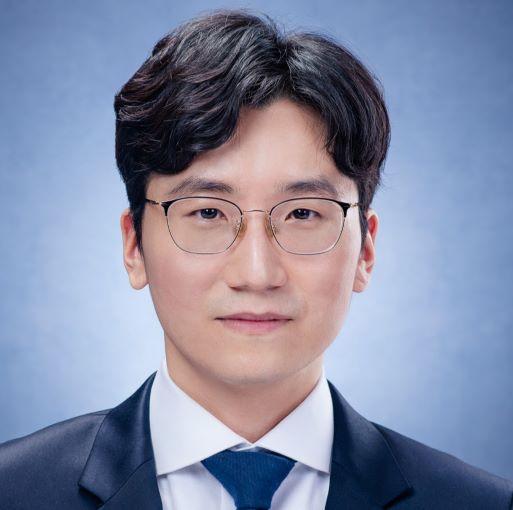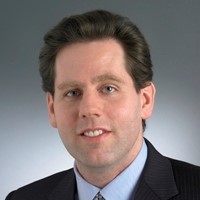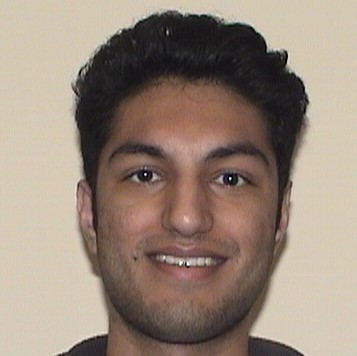Crossroads Seminars
The Crossroads seminar series is offered regularly on Fridays 2~3pm (US eastern). The seminar series will feature the latest research results by the center's PIs and students, as well as a diverse range of talks including informal work-in-progress and invited outside speakers.
Upcoming Seminars
Past Seminars
Lowering the barrier to entry to use customized hardware for cloud systems
Moein Khazraee,
Nvidia
Under the Hood of OpenFPGA
Pierre-Emmanuel Gaillardon,
The University of Utah
Evading Datacenter Tax Using MangoBoost’s Customizable FPGA Data Processing Units
Eriko Nurvitadhi,
Mangoboost
CAD and Architecture Exploration Tools for Next-Generation Reconfigurable Acceleration Devices
Andrew Boutros,
University of Toronto
How hard is it to use an FPGA for compute acceleration in 2023?
James C. Hoe,
Carnegie Mellon University
Terminus: Moving the Center of Cloud Servers from Cores to SmartNICs and Beyond
Derek Chiou,
The University of Texas at Austin
Re-envisioning generic server architectures for I/O-driven compute
Justine Sherry,
Carnegie Mellon University
Capturing Realistic Architectures for Field Programmable Gate Array Optimization
Kimia Talaei,
University of Toronto
CHARM: Composing Heterogeneous AcceleRators for Matrix Multiply on Versal ACAP Architecture
Peipei Zhou,
University of Pittsburgh
Vela: Host-Side Uniform Programming Platform for Network Processing
Jiaqi Gao,
Alibaba Group US
The Future of Computing Beyond Moore’s Law
John Shalf,
Lawrence Berkeley National Laboratory
Groq’s Software-Defined Hardware for Dataflow Compute
Andrew Bitar,
Groq
HPIPE-NX: Leveraging Tensor Blocks for High-Performance CNN Inference Acceleration on FPGAs
Marius Stan,
University of Toronto
Efficient, Programmable, and Manufacturable Hardware: The Case for Synthesizable FPGAs
Ang Li,
Princeton University
OverGen: Improving FPGA Usability through Domain-specific Overlay Generation
Tony Nowatzki,
University of California at Los Angelos
RAD-Sim: Rapid Architecture Exploration for Novel Reconfigurable Acceleration Devices
Andrew Boutros,
University of Toronto
FPGA-Predict: Performance and Power Prediction of FPGAs Using Machine Learning and Application Characteristics
Lina Sawalha,
Western Michigan University
Soft NOC: Leveraging HyperFlex and Long Wires to Construct High-Performance Pipelined Busses
Scott Weber,
Intel
Soft Embedded FPGA Fabrics: Top-down Physical Design and Applications
Prashanth Mohan,
Carnegie Mellon University
FPGAs are (not) Good at Deep Learning
Mohamed S. Abdelfattah,
Cornell University
Near-Storage Acceleration in Practice: Opportunities and Challenges
Sang-Woo Jun,
University of California, Irvine
High Performance CNN Inference Acceleration on FPGAs
Mohamed Ibrahim,
University of Toronto
Re-thinking Data Center Hardware Architectures from the Ground-up
Akshitha Sriraman,
Carnegie Mellon University
Redesigning NIC Interfaces for Direct Application Access
Hugo Sadok,
Carnegie Mellon University
Towards Predictable and Efficient Datacenter Storage
Huaicheng Li,
Carnegie Mellon University
Unleashing the Potential of In-Network Computing
Daehyeok Kim,
Microsoft
SurgeProtector: Mitigating Algorithmic Complexity Attacks using Adversarial Scheduling
Nirav Atre,
Carnegie Mellon University
In this talk, I will present a general framework we designed to make any NF more resilient to ACAs without the limitations of prior approaches. Our framework, SurgeProtector, uses the NF's scheduler to mitigate the impact of ACAs using a very traditional scheduling algorithm---Weighted Shortest Job First (WSJF). To evaluate SurgeProtector, we propose a new metric of DoS vulnerability called the Displacement Factor (DF), which quantifies the maximum "harm per unit effort" an adversary can inflict on the system. Using novel insights from adversarial scheduling theory, we show that any system using WSJF has a worst-case DF of only a small constant (unity), where traditional schedulers would place no upper bound on the adversary's DF. Illustrating that SurgeProtector is not only theoretically, but practically robust, we integrate SurgeProtector into an open source Intrusion Detection System (IDS). Under simulated attack, the SurgeProtector-augmented IDS suffers 90-99% lower innocent traffic loss than the original system.
It is All About Abstraction: Virtualizing FPGAs in the Cloud
Jing Li,
University of Pennsylvania
In this talk, I will present our exploratory efforts to address these limitations. I will first present the key requirements that we identified for virtualizing spatial architecture and present a generic virtualization stack that satisfies the requirements for heterogeneous FPGA clusters. Specifically, I will introduce a two-level system abstraction that can decouple the compilation and resource allocation and thus enables fine-grained resource management with low compilation overhead. I will present how we modify existing compilation flow and runtime management to leverage the proposed abstraction to achieve efficient virtualization. Finally, I will discuss further optimization opportunities through two case studies.
AIgean: An Open Framework for Deploying Machine Learning on Heterogeneous Clusters
Naif Tarafdar and Paul Chow,
University of Toronto
Paul Chow is a professor in the faculty of The Edward S. Rogers Sr. Department of Electrical and Computer Engineering at the University of Toronto. He is a Fellow of the IEEE and Fellow of the Engineering Institute of Canada. His main research is about making FPGAs into computing devices so that applications can be easily deployed. In particular, he wants to do this at scale in a heterogeneous environment where FPGAs seamlessly interact with CPUs and other devices, all as peers, and transparently to the application.
FPGA Placement: Recent Progress and Road Ahead
David Z. Pan,
The University of Texas at Austin
Crossroads RV1: Exploring Data on the Move Applications
Justine Sherry,
Carnegie Mellon University
Verilog to Routing (VTR): A Flexible Open-Source CAD Flow to Explore and Target Diverse FPGA Architectures
Vaughn Betz,
University of Toronto
This talk will give an overview of the Verilog-to-Routing (VTR) open source tool flow that addresses this need. We'll discuss recent enhancements to VTR that have broadened the range of architetures it can target, and allow it to not only evaluate new FPGA architectures, but also program the chosen architectures that are committed to silicon.
Architecture flexibility can have a cost however, and a common conception in the FPGA Computer Aided Design (CAD) community is that architecture-specific algorithms and tools will significantly out-perform more general approaches which target a variety of FPGA architectures. In this talk we'll show how through careful algorithm design and code architecture VTR has improved result quality without architecture-specific code, challenging the idea that result quality and architecture flexibility are mutually exclusive. We will detail the key packing and routing enhancements that led to large improvements in wirelength and timing, while simultaneously reducing run time by over 6x.
Finally, we'll present efforts to use Reinforcement Learning to create more adaptable and efficient CAD algorithms. Taking placement as an example, we'll show how an RL-enhanced move generator can improve the quality/run-time trade-off of VTR's placement algorithm.
From “Field Programmable” to “Programmable”
James C. Hoe,
Carnegie Mellon University
To elevate FPGAs from logic to computing roles, we need to address the greater requirement for programmability beyond being a “field programmable” ASIC. A computing FPGA will be asked to do more tasks than could fit on the fabric at once and to do new tasks that are unknown before deployment. Moreover, dynamically managing the logic resource utilization is a presently under-tapped source of performance optimization----by devoting available resources to only active tasks or by supporting tasks with differently-optimized design variants to changing conditions.
To maximally exploit the benefits of FPGAs’ programmability, the Intel/VMware Crossroads 3D FPGA Academic Research Center aims to make runtime reprogramming a regular mode of operation for Crossroads 3D-FPGA in future datacenter servers. This talk will motivate the need for a new, expanded design mindset by FPGA users and designers to fully pursue FPGAs’ programmability and dynamism. The talk next presents the Crossroads Center’s research toward realizing this new usage and programming on the Crossroads 3D-FPGA for datacenter applications. The talk will present a re-design of the Pigasus network intrusion detection/prevention system (IDS/IPS) following a design methodology to leverage the flexible and dynamic capabilities of FPGA targets.
Pigasus: Efficient Handling of Input-Dependent Streaming on FPGAs
Zhipeng Zhao,
Carnegie Mellon University
In this talk, I will present an FPGA based IDS/IPS called Pigasus which is tailored to the common-case, thus using minimal resources to extract maximum performance. Pigasus can achieve 100Gbps using 1 FPGA and on average 5 CPU cores, 100x faster than CPU-only baseline and 50x faster than existing FPGA designs. A natural objection to this design is that it will suffer from shifting workloads. In the second part, I will show how to use a disaggregated architecture and spillover mechanism to scale subcomponents of the system on demand to address changes in the traffic profile at both compile time and runtime.
Soft Processor Overlays to Improve Time-to-Solution
Derek Chiou,
The University of Texas at Austin
High-Performance Code Generation for Graph Applications
Sanil Rao,
Carnegie Mellon University
We Need Kernel Interposition over the Network Dataplane
Hugo Sadok,
Carnegie Mellon University
The Role for Programmable Logic in Future Datacenter Servers
(An Overview of the Crossroads Center)
James C. Hoe,
Carnegie Mellon University
Field Programmable Gate Arrays (FPGAs) have been undergoing rapid and dramatic changes fueled by their expanding use in datacenter computing. Rather than serving as a compromise or alternative to ASICs, FPGA 'programmable logic' is emerging as a third paradigm of compute that stands apart from traditional hardware vs. software archetypes. The Crossroads 3D-FPGA Research Center has been formed with the goal to define a new role for programmable logic in future datacenter servers. Guided by both the demands of modern network-driven, data-centric computing and the new capabilities from 3D integration, this center is developing the Crossroads 3D-FPGA as a new central fixture component on future server motherboards, serving to connect all server endpoints (network, storage, memory, CPU) intelligently. As a literal crossroads of data, a Crossroads 3D-FPGA can apply application-specific functions over data-on-the-move between any pair of server endpoints, intelligently steer data to the right core or accelerator, and reduce and compress the volume of data that needs to be moved between servers. This talk will overview the Crossroads 3-D FPGA concepts, as well as the associated set of research thrusts to pursue a full-stack solution spanning application, programming support, dynamic runtime, design automation, and architecture.
Raising the Level of Abstraction for FPGA System Design
Joseph Melber,
Carnegie Mellon University
Software programmers leverage abstraction to simplify their design efforts⸺hardware designers should be supported by similar abstractions in order to increase FPGA programmability in modern computing systems. In this talk, I will focus on (1) re-imagining what memory should look like for FPGA hardware designers, and (2) virtualizing functionalities, devices and platforms for FPGA computing. I have been investigating a service-oriented abstraction and framework to simplify hardware design efforts for FPGA accelerator’s memory systems. The goal is to enable FPGA accelerator designers to configure a specialized memory system that presents abstract semantic-rich memory operations, across diverse memory devices, without performance overhead. Current efforts also extend this abstraction to virtualize these functionalities across devices and architectures. I will conclude by discussing the future potential of my research and vision for FPGA computing.
